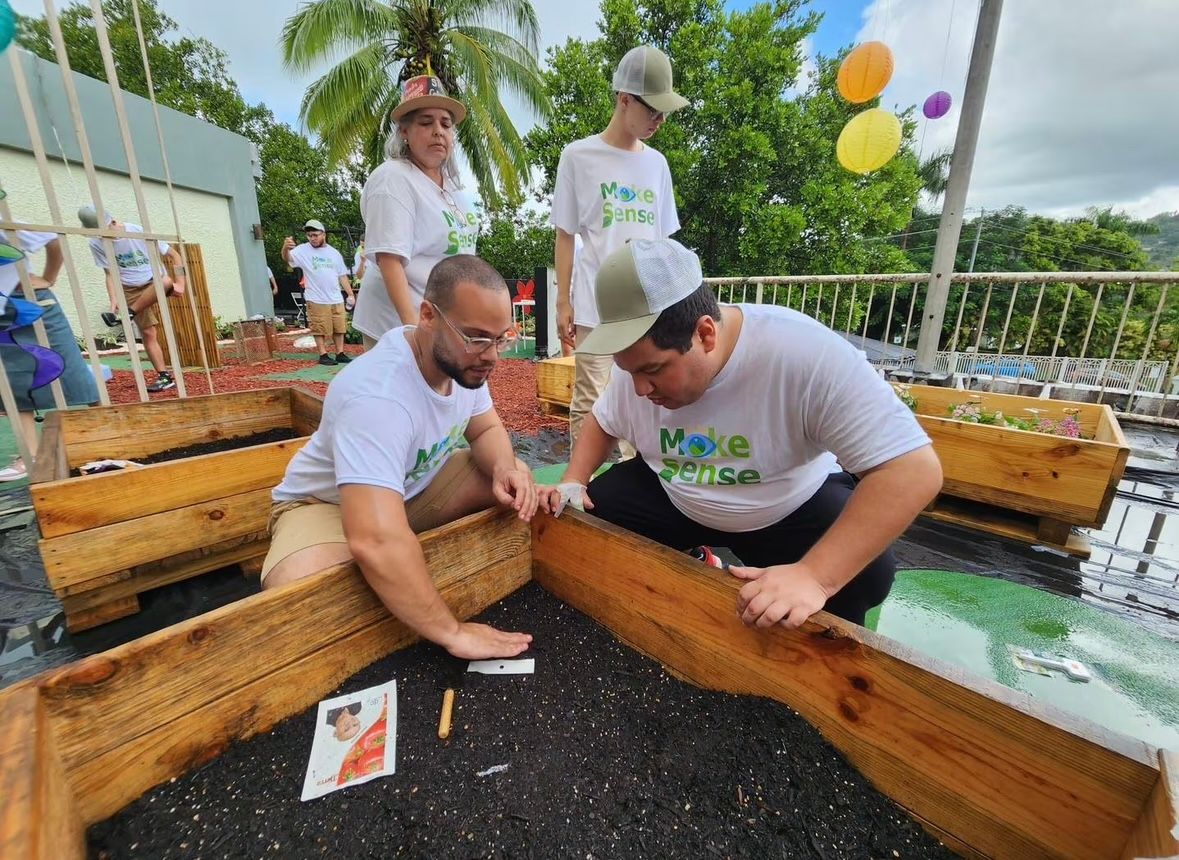You have probably hear about the role of gamification in education.
Let's explore how gamification emerges as a dynamic tool to transform sustainability into an engaging and rewarding experience.
By infusing elements of competition, cooperation, and exploration, gamified eco-challenges not only educate but also inspire positive environmental action.
In this thread I am going to share exciting eco-challenges that can level up sustainability in the classroom.
Please react, like or comment if you are practicing any of the challenges or add your teaching ideas!
 Waste Reduction Quests: Embark on a waste reduction adventure where students earn points for minimizing waste generation. From implementing recycling programs to advocating for reusable alternatives, each eco-warrior contributes to the collective goal of reducing the classroom's ecological footprint.
Waste Reduction Quests: Embark on a waste reduction adventure where students earn points for minimizing waste generation. From implementing recycling programs to advocating for reusable alternatives, each eco-warrior contributes to the collective goal of reducing the classroom's ecological footprint. Water Conservation Missions
Water Conservation Missions Planting Challenges
Planting Challenges ️ Virtual Eco-Explorations: Embark on virtual eco-explorations that transport students to diverse ecosystems around the globe. Through immersive virtual reality experiences, they observe wildlife habitats, study ecological interactions, and learn about conservation efforts. By fostering empathy and understanding, these virtual journeys ignite a sense of stewardship for the natural world.
️ Virtual Eco-Explorations: Embark on virtual eco-explorations that transport students to diverse ecosystems around the globe. Through immersive virtual reality experiences, they observe wildlife habitats, study ecological interactions, and learn about conservation efforts. By fostering empathy and understanding, these virtual journeys ignite a sense of stewardship for the natural world. Green Transportation Races
Green Transportation Races

